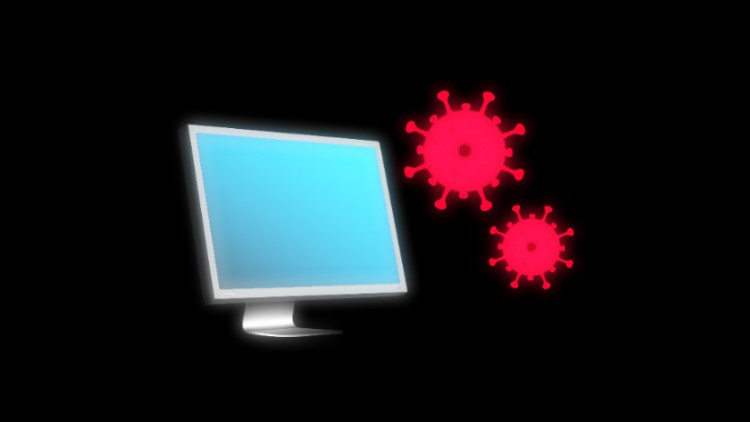
Cybersecurity awareness for office workers, seniors and young gamers
What you will learn
Learn what is a computer virus and malicious software
Classify malicious software (types of malware)
How malware gets into our systems
Avoid computer virus infection
Avoid malvertising and typosquatting
How hackers easily bypass antivirus scanners
Avoid phishing attacks
Meet dangerous file types (for example: .LNK exploits)
Real malware example (Trojan Banker)
Description
Being aware of cyber threats is critical for everyone in digital world. Office workers (especially non techies), seniors and young gamers without Security Awareness are easy targets for unethical hackers.
Any company money spent on antivirus solutions, Intrusion Detection Systems (IDS) and other defense programs will be wasted if an unaware employee will open a door for unethical hacker.
This Security Awareness course is focused on computer viruses and malware. Teaching methods used here are to provide essential knowledge and brief lectures intertwined with experiments in prepared laboratory environment.
Every brief lecture will build our awareness.
We begin with: What is a computer virus and malware? Then we dive into malware classification (types of computer viruses).
Adware, Backdoor, Botnet, Crypter (Evader), Cryptojacking (Miner), Downloader, Dropper (Loader), Exploit, Fileless Malware, Form Grabber, Hoax, Computer joke, Keylogger, Logic Bomb, Ransomware, Scareware, Doxware, Remote Access Trojan, Rootkit, Spyware, Stealer, Worm etc.
Next lecture clarifies how malware programs can break into our systems?
Chapter 2. Common Malware is the heart of this course.
Here we learn about malware embedded in ads, packed malware, suspicious hyperlinks and the most dangerous file extensions in Microsoft Windows.
The last lecture is threat simulation of Trojan.Banker.
Let us be aware and learn about the threats that we can meet.
Fasten the seat belts and here we go!
Content